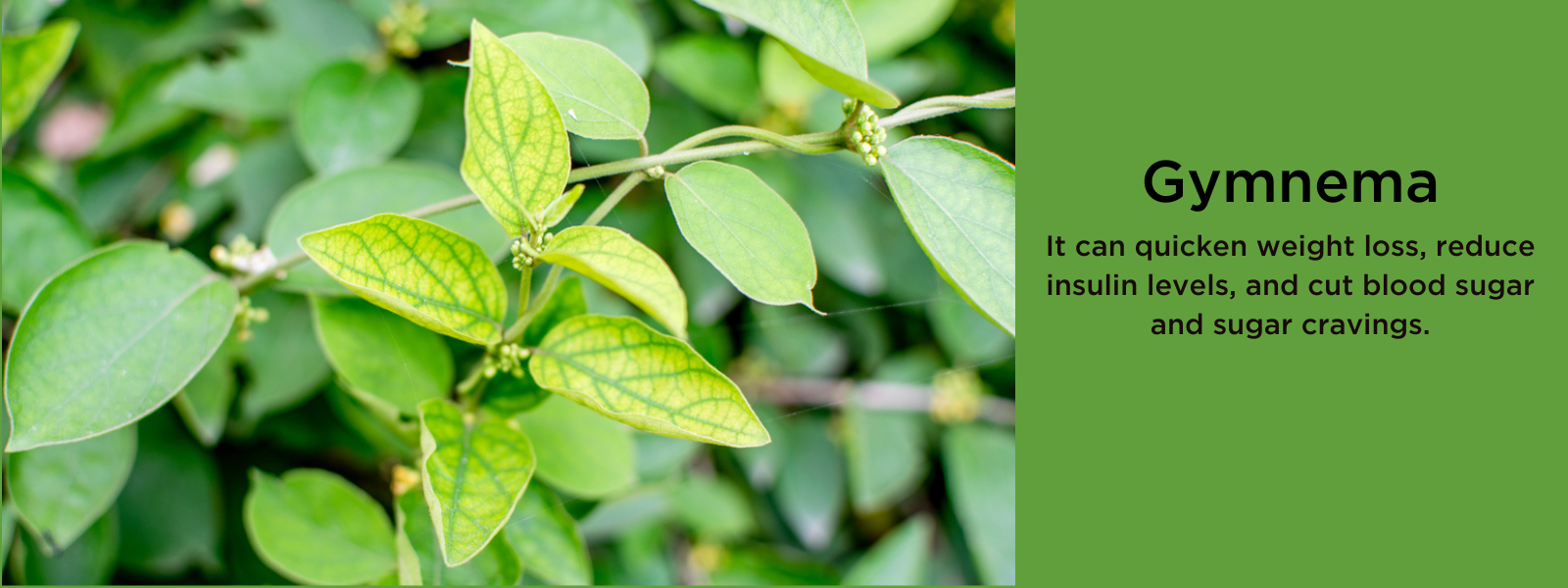The sunflower family, which also includes dandelion plants, have long been prized for their therapeutic and nutritional merits. Its scientific name is Taraxacum officinale and has slowly gained recognition all over the world.
The human body requires a variety of essential elements for effective operation, and dandelions are a great source of these nutrients. Dandelion leaves are beneficial for anemia sufferers as well as for the liver and gallbladder. Here are a few more advantages of dandelion.
What are dandelion leaves?
Dandelion is a perennial herb which is indigenous to Europe, as well as some regions of northern Africa and Asia. Today, it is grown all throughout the world, including in the United States. The plants have strong roots and jagged, toothed leaves, and their bright yellow flowers emerge from green or purple stems. Hundreds of hair-like florets on each dandelion flower aid in the spreading of seeds. Since the 17th century, herbalists have documented the medical benefits and uses of dandelion, and many have used it to treat a wide range of diseases and disorders.
Health benefits of dandelion leaves:
Boosts bone health:
The dandelion herb is a strong source of calcium and can help bones and prevent joint problems. Additionally, some antioxidants, such luteolin and vitamin C, which are abundant in dandelion greens, are helpful in preventing the bones from deterioration brought on by ageing.
Supports digestive health
As a strong source of fibre, dandelion leaves support a healthy digestive system. Consume dandelion leaves to ease constipation and keep your digestive system in good shape. However, inulin, a fibre present in dandelion, can trigger allergies in those who are sensitive to it. So it makes sense to incorporate dandelions in moderation into your diet.
Manages Diabetes:
Dandelion juice, which can boost pancreatic insulin production and aid in maintaining normal blood sugar levels, can be beneficial to diabetics. But that's not all; dandelions' diuretic properties can also benefit diabetics by increasing urine. This increase in urination prevents any sugar buildup in the kidneys and washes away extra sugar from the body.
Maintains Healthy Urinary Tract:
Dandelions' diuretic properties assist in flushing toxins from the kidneys and maintaining a healthy urinary tract. Consuming dandelion can prevent bacterial infections of the urinary tract because it is a potent disinfectant. Consuming dandelion tea can help prevent infections in general.
Prevents Cancer:
Dandelions contain many antioxidants, which can prevent cancer. The fibre in dandelions also helps to eliminate toxins from the colon, reducing the risk of developing intestinal cancer. This lowers the risk of cancer in many areas of the body by maintaining a healthy urinary system.
Boosts heart health:
Dandelions contain potassium, which can help control heart rate and blood pressure. Its high fibre content and diuretic qualities also help to maintain healthy blood pressure, which is good news for the health of your heart in general.
Enhances Skin:
The plant's sap, known as dandelion milk, is effective in treating fungal skin infections. This sap is a potent component because it has a high alkaline pH and is a potent fungicide and germicide. Eczema, acne, itchiness, and ringworm can all be treated naturally and without any negative side effects with dandelion sap. However, avoid getting sap in your eyes as this might make you scratchy. It's also a good idea to conduct a skin patch test before to complete treatment to rule out allergic responses.
Helps with Weight Loss
Consuming dandelion helps the body get rid of extra bodily fluids, which benefits in weight loss. Those who want to reduce weight can consume more dandelions to meet their nutrient needs rather than fewer calories.
How to use dandelion leaves?
You can consume dandelion leaf in a variety of forms, including fresh, cooked, in tea, or as part of a greens powder.











Leave a comment